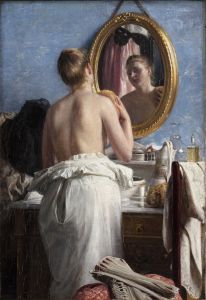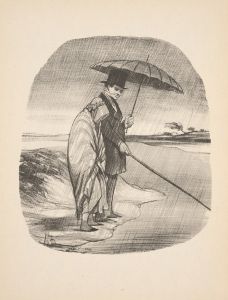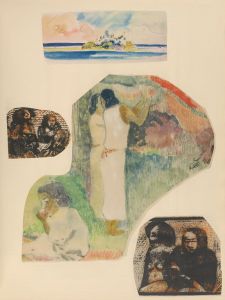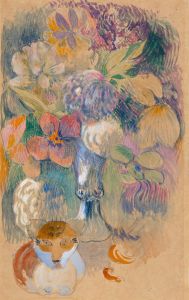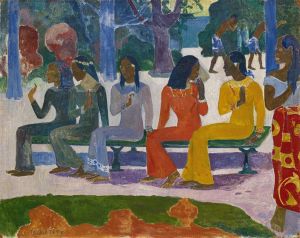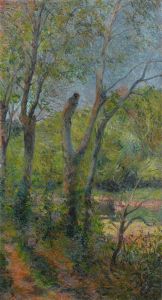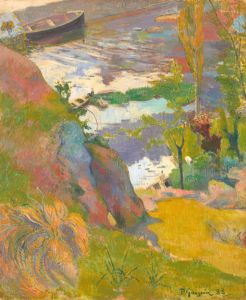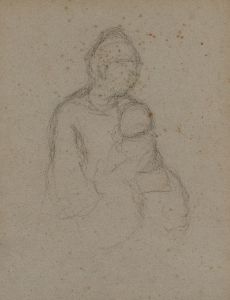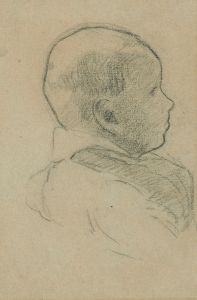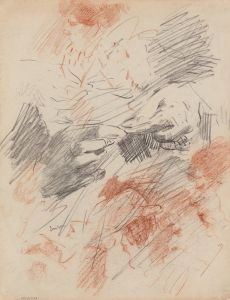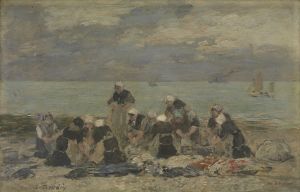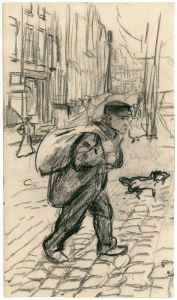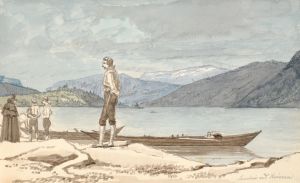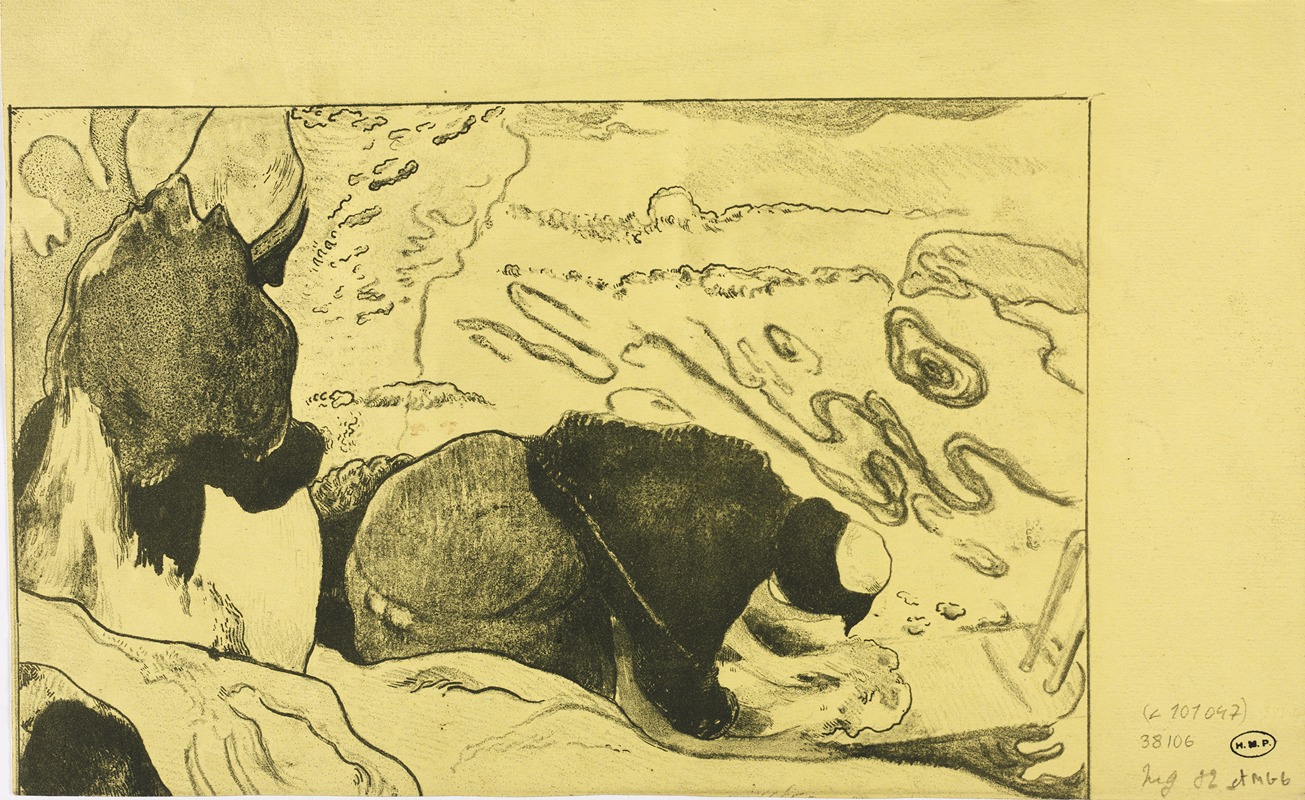
Women Washing Clothes
A hand-painted replica of Paul Gauguin’s masterpiece Women Washing Clothes, meticulously crafted by professional artists to capture the true essence of the original. Each piece is created with museum-quality canvas and rare mineral pigments, carefully painted by experienced artists with delicate brushstrokes and rich, layered colors to perfectly recreate the texture of the original artwork. Unlike machine-printed reproductions, this hand-painted version brings the painting to life, infused with the artist’s emotions and skill in every stroke. Whether for personal collection or home decoration, it instantly elevates the artistic atmosphere of any space.
Paul Gauguin's Women Washing Clothes is a painting created by the French Post-Impressionist artist Paul Gauguin. The work is believed to have been completed during Gauguin's time in Tahiti, where he lived and worked in the 1890s. This period marked a significant phase in his artistic career, as he sought to escape European society and immerse himself in what he perceived as a more "primitive" and unspoiled culture. Gauguin's Tahitian works often depict scenes of daily life, local customs, and the natural environment, reflecting his fascination with the people and landscapes of the region.
Women Washing Clothes portrays a group of women engaged in the everyday activity of washing clothes by a river or stream. The composition emphasizes the connection between the figures and their natural surroundings, a recurring theme in Gauguin's art. The women are depicted in a stylized manner, with bold outlines and simplified forms, characteristic of Gauguin's approach to painting during this period. The use of vibrant, non-naturalistic colors and flattened perspective reflects his departure from traditional European artistic conventions and his embrace of Symbolism and Primitivism.
The painting exemplifies Gauguin's interest in capturing the rhythms of daily life in Tahiti, as well as his idealized vision of the island and its inhabitants. However, it is important to note that Gauguin's works often romanticized and distorted the realities of Tahitian culture, reflecting his own subjective interpretations rather than an accurate representation of the society he encountered.
The exact date of creation and the current location of Women Washing Clothes are not definitively documented, as is the case with some of Gauguin's lesser-known works. Nonetheless, the painting remains an example of his distinctive style and his exploration of themes related to nature, labor, and cultural identity.
No further specific details about this painting, such as its provenance or exhibition history, are widely available in existing records.





